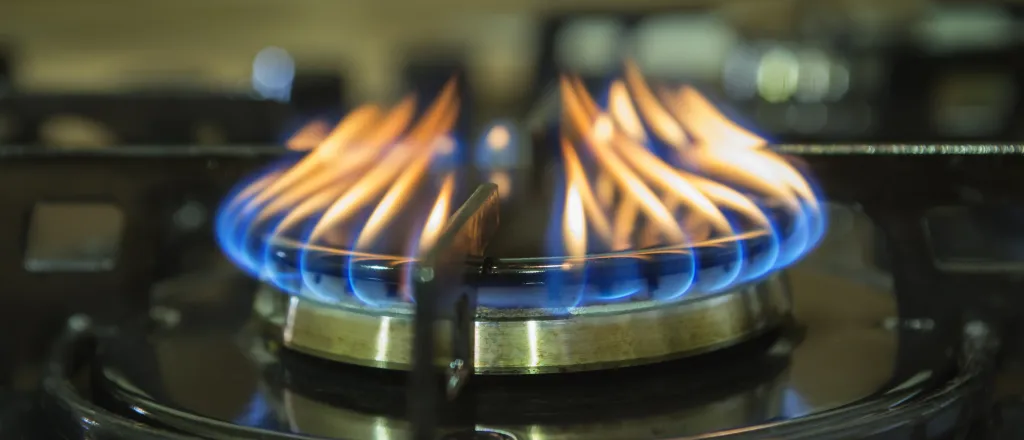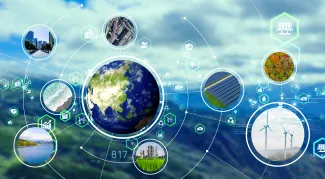
LNG report sparks calls for change amid rising costs, environmental concerns
© iStock - FotoCuisinette
Click play to listen to this article.
The Department of Energy is taking a close look at the economic and environmental impacts of liquefied natural gas exports, which some experts argue are driving up household energy costs and worsening climate challenges.
The report comes as LNG export projects rapidly expand, with U.S. demand at record levels and expected to grow as new facilities open.
In Virginia, household natural-gas bills have increased 50 percent since 2016, far outpacing inflation, said Jeremy Symons, principal at Symons Public Affairs. He attributed the increase to growing LNG exports, which limit domestic supply and drive energy costs.

"A single LNG plant - the controversial CP2 facility that's being proposed for Louisiana - would export twice as much gas every day than Virginia consumes," he said. "That means that, even though it's happening on the other side of the country, it drives up energy prices across the country."
The Chesapeake Climate Action Network Action Fund has gathered more than 5,000 signatures urging the Biden administration to pause LNG export licenses until a full review is completed.
Supporters of these exports argue that expanding infrastructure bolsters U.S. energy independence and strengthens global energy markets.
Symons encouraged the public to use the 60-day comment period to ensure that affected communities are heard.
Quentin Scott, federal policy director for the Chesapeake Climate Action Network Action Fund, emphasized the environmental risks and called on the Biden administration to act decisively.
"Secretary [Jennifer] Granholm said it in her own words," he said, "that continuing to export LNG at the scale and the trajectory in which the United States has been exporting LNG over the last few years is unsustainable and not good for consumers, not good for businesses, not good for our environmental and climate goals."
As Virginia faces rising costs and environmental pressures, the debate over LNG exports has become more urgent. Scott said he hopes the Department of Energy's findings and public comment period will bring attention to the local and national implications of America's growing liquefied natural-gas industry.
















